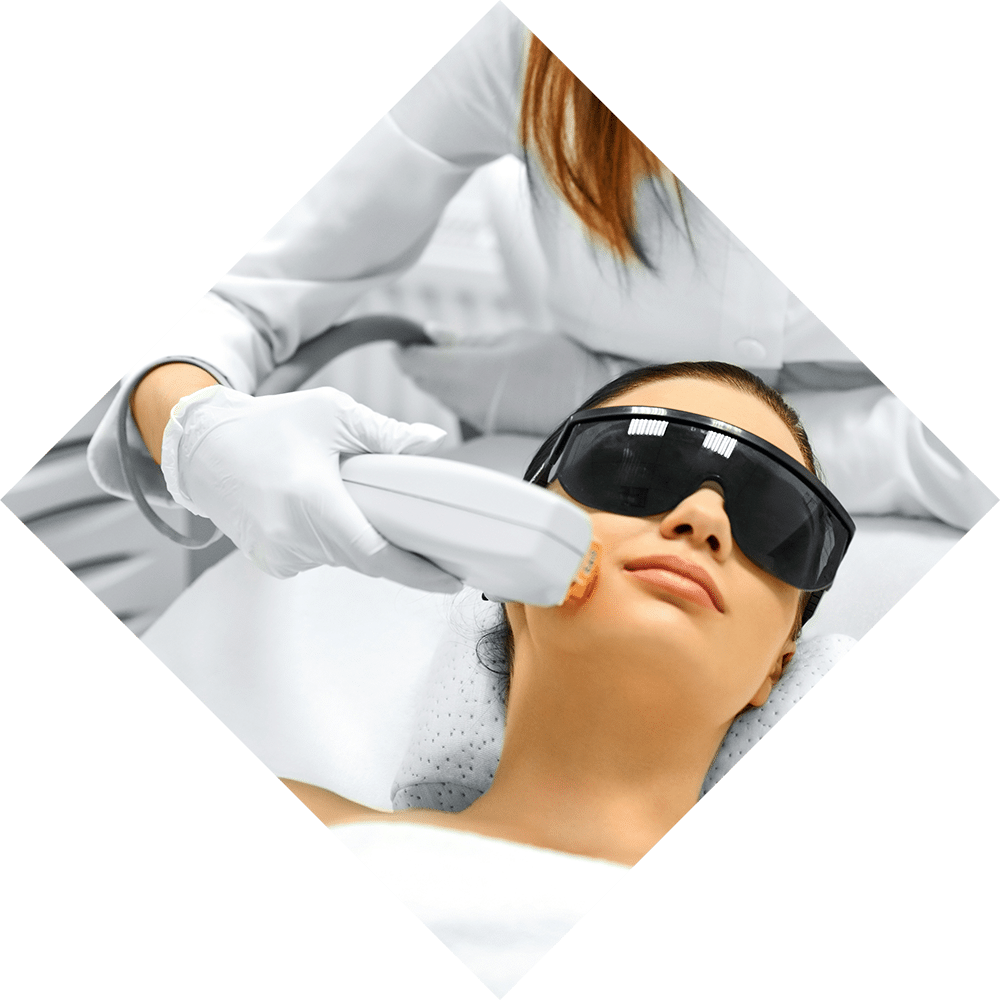If you work in healthcare, you’ve likely heard at least a little bit about the expanding role of lasers and the role they now play and are expected to play in helping patients with an array of concerns.
It is an exciting and fascinating arena for delivering care- so if you are at all curious about a career in laser-guided healthcare, there is now an opportunity for personal and professional growth in this field. And while laser practitioners require both care and knowledge, it is a position that may be obtained via a relatively straightforward learning process.
What is a Laser Practitioner?
To better understand the role of lasers in healthcare, let’s take a look at what a laser practitioner does.
Sometimes known as laser estheticians, a laser practitioner utilizes modern laser technology to improve patients’ cosmetic concerns via:
- Hair removal
- Skin tightening
- Skin resurfacing
Laser technicians and laser training also provide healthcare professionals with the knowledge required to conduct microlaser peels of the face, as well as how to remove vascular lesions via laser. This healthcare approach allows for the lightening of skin, tattoo removal, skin rejuvenation, and other cosmetic procedures.
A laser practitioner may work in a wide range of professional settings, including in laser centers, spas, dermatologist offices, plastic surgeons, primary care offices or ophthalmologists, among others.
What is required of a Laser Practitioner?
To become certified in lasers from a state medical board, a laser practitioner must first complete laser training with a certified instructor.
These courses require that you must already be a licensed health care professional such as – a licensed practical nurse (LPN), registered nurse (RN), nurse practitioner (NP), physician assistant (PA), or physicians (MD and/or DO), or a licensed esthetician or master cosmetologist.
Many of these laser certification courses do not require an exorbitant amount of time. In fact, many of them are one-day courses that include in-depth instruction and hands-on experience – with the option for further specialized training.
In the state of Georgia, for instance, laser practitioners and assistant laser practitioners must obtain three certificates to apply for professional licenses.
The best courses offer students an in-depth knowledge of laser theory, as well as safety and the science of lasers. These studies should provide a firm foundation and a broad overview of multiple devices, as well as allow you to observe and then take part in laser treatments themselves.
Other aspects that you will encounter in these courses include:
- The Fitzpatrick Scale
- Skin and tissue interaction
- Wavelengths and laser selection
- Pre and post Treatment care
- Client selection
- Intense Pulsed Light technology
Laser practice in healthcare is booming. In fact, the U.S. Bureau of Labor Statistics expects the skin care specialist field to grow by 11 percent between 2018 and 2028 – which is more than double the rate for all occupations in general (which have a 5 percent growth rate expectancy over the same period).
Where can I learn more about becoming Laser Practitioner
You will likely be able to find a course that is geographically and logistically convenient for you. For those medical professionals here in north Georgia, Longstreet Clinic’s Laser Institute is now offering just such a course.
Longstreet Clinic’s experienced course instructors, Dr. Andrew Reisman, MD, Medical Esthetician and Laser Assistant, Lisa Lamb, and Assistant Laser Practitioner, Michele Salazar, work hard to help course members gain the skills and knowledge needed to successfully enter the Laser Aesthetic arena.
Beyond basic laser practitioner courses, Longstreet Clinic also offers in-depth instruction on micro needling and dermaplaning, as well as offering an externship with a licensed professional. They have been offering laser services and IPL as well as neurotoxins, fillers, skin tightening, and the full array of aesthetic services such as chemical peels, microdermabrasion, dermaplaning and micro needling since 2002.
To learn more, simply contact us today at 770-533-6658 or visit our website.

